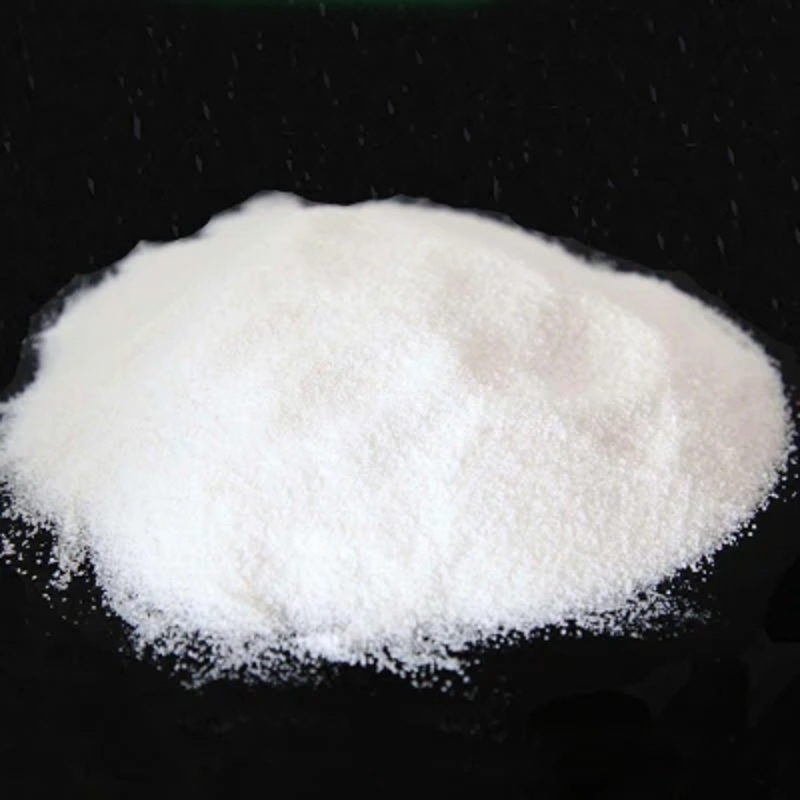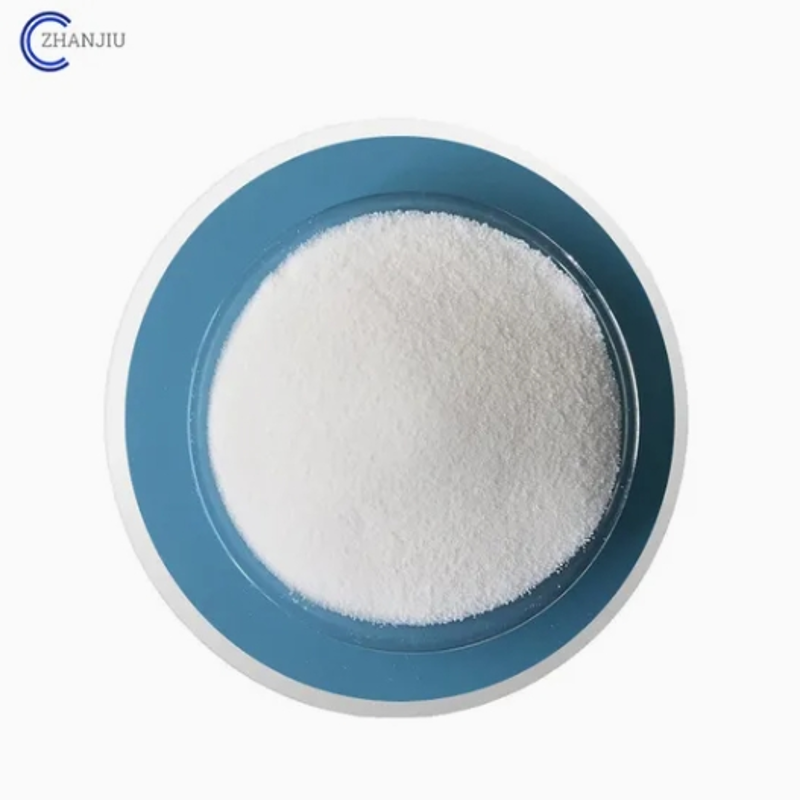Don't give children food containing palm oil? Because it may contain carcinogenic pollutants? 【foodaily】
-
Last Update: 2021-02-17
-
Source: Internet
-
Author: User
Search more information of high quality chemicals, good prices and reliable suppliers, visit
www.echemi.com
italian consumer rights watchdog warned parents not to give their children food containing palm oil because it could contain carcinogenic pollutants.earlier this year, the European Food Safety Authority (
EFSA
) published information on carcinogenic pollutants
3-
chloropropyl glycol and
2-
chloropropyl glycol (
MCPD
's opinion is that their fatty acids and
GE
are found in processed vegetable oils, which are particularly high in palm oil, and that the average intake of infants and children exceeds the daily tolerance."amazing" results in response to these comments, Italian consumer groups tested
12
products on the market that are frequently consumed by children or children, including several well-known food brands.results are shocking, and for infants and young children who only consume infant formula, the intake of
3-MCPD
, a pollutant toxic to the kidneys and testicles, exceeds ten times the new safety standards established by the
EFSA
panel of experts.Italian consumer groups say that
"even children and adolescents who consume more than one snack a day, or consume a snack plus a biscuit, or a packet of crisps, can easily exceed their daily tolerance." Not only that, but in the analysis of all the crisps and some cookies and casual foods, we found that the European authorities classified the
GE as a
carcinogenic.Since it was discovered that these children's foods contain high levels of the carcinogen
3-
chloropropyl glycol (
3-MCPD
), Italian consumer group
Altroconsumo
has called on parents to stop giving their children products containing palm oil.consumer group has written an open letter to
DG Sante
director
Xavier Prats Monne
and Italy's health minister, calling for legislative action, but has yet to receive a response from any.Secretary-General
Luisa Crisigiovanni
told reporters: "Our aim is to get countries and relevant EU institutions to take prompt measures to restrict palm oil containing pollutants in combination with legislation, as recommended by
EFSA
." We also want to promote further independent research
these pollutants,
3MCPD, and the risks involved. Sisigiovanni
said that while nutrition and environmental issues associated with palm oil have attracted public attention, there is a lack of awareness of its safety. An online petition calling for legislative action aimed at raising public awareness. To date, they have received
,663,
signatures and facilitated the launch of
APP
software
Merendiario
, which allows parents to track the health of their children's snacks.search engines available on its website, consumers can sift through common grocery products for those without palm oil.Altroconsumo
praised three companies:
Coop
,
Colussi
and
Plasmon
, for their commitment to cutting palm oil in their products based on the advice of
EFSA
.Foodaily
understands that
Barilla
has been reducing palm oil in its baking products since
pledged to cut saturated fat in 2013
and now covers
25%
and
50%
of the European market., which has been working with grease producers since
, has successfully reduced the
3-MCPD
content in infant formula by five times.Foodaily
has previously reported that McDonald's announced in
that it was accelerating changes to its menu, with plans to gradually replace the cooking oil in restaurants nationwide from palm oil to a new blend of sunflower and rapeseed from
2017 to
.is about food safety, not foodand most industry members are waiting for further government action. "We want the committee to provide the necessary information
a regulatory perspective," said
, the Italian baking trade group, said on the 27th. We are willing to cooperate most fully with the government to ensure maximum consumer protection. Marco Silano
,
of the Higher Institute of Health
, said: "We're talking about food safety here, not a little more or less health issues. The solution to this problem should first be borne by the government, and then food companies need to adapt to the new regulations.month, an expert representing the commission and member states said EU regulatory measures restricting the presence of these substances in food are designed to provide a higher level of protection for human health.according to food lawyer
Dario Dongo
, food operators should comply with the implementation of their own agreements to eliminate unsafe products in the market, as provided for in article
19
of the GENERAL Food Act of the European Union (
Reg.EC178/02
). However,
, a
, said food authorities did not appear to be in a hurry to resolve the crisis.content Source:
Foodaily
Daily Food Network, reprinted please indicate the source
This article is an English version of an article which is originally in the Chinese language on echemi.com and is provided for information purposes only.
This website makes no representation or warranty of any kind, either expressed or implied, as to the accuracy, completeness ownership or reliability of
the article or any translations thereof. If you have any concerns or complaints relating to the article, please send an email, providing a detailed
description of the concern or complaint, to
service@echemi.com. A staff member will contact you within 5 working days. Once verified, infringing content
will be removed immediately.







